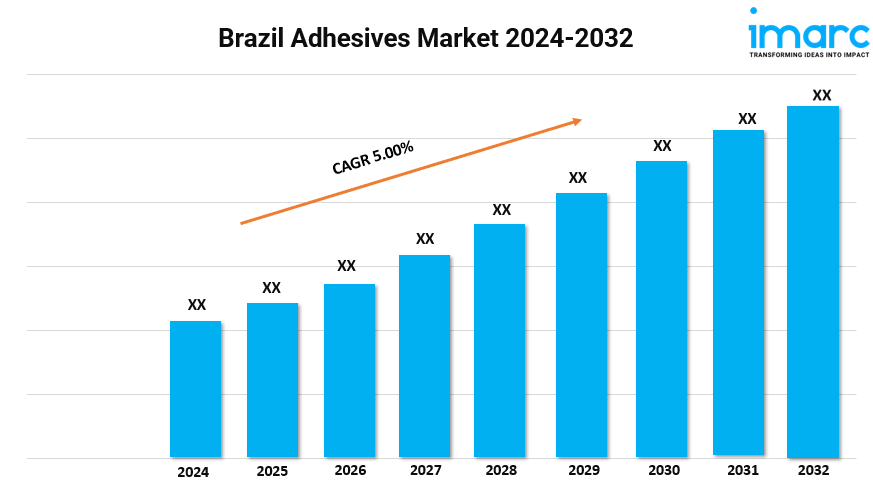Asian Markets Jittery Amid Rising Oil Prices Due to Iran-Israel Tensions

Asian markets experienced mixed trading on Wednesday, with oil prices remaining high amid escalating tensions in the Middle East. US benchmark crude oil was down around 0.43% at $74.52 per barrel in the afternoon in Asia, while Brent crude, the international standard, slipped by a similar margin to $76.12. Despite these declines, both WTI and Brent remain high on a monthly basis.
Crude prices surged more than 4% on Tuesday after US President Donald Trump abruptly left a Group of Seven summit in Canada and warned that people in Iran's capital should evacuate immediately. The fighting between Israel and Iran continued on Wednesday, driving up prices for crude oil and gasoline as Iran is a major oil exporter and sits on the narrow Strait of Hormuz, through which much of the world's crude passes.
In Japan, exports fell in May as the auto industry was hit by Trump's higher tariffs, with exports to the US falling more than 11%. However, Tokyo's Nikkei 225 index jumped 0.78% to 38,837.48. Hong Kong's Hang Seng index dropped 1.17% to 23,698.65, while the Shanghai Composite Index rose 0.3% to 3,388.77. The Kospi in Seoul gained 0.54% to 2,966.20, while Australia's S&P/ASX 200 shed 0.1% to 8,533.10.
On Tuesday, US stocks slumped under the weight of higher oil prices and weaker-than-expected retail sales in May. Trump's call for "Unconditional surrender!" on his social media platform and his statement that "We are not going to" kill Iran's leader "at least for now" added to the market uncertainty. The S&P 500 fell 0.84% to 5,982.72, the Dow Jones Industrial Average dropped 0.7% to 42,215.80, and the Nasdaq composite fell 0.91% to 19,521.09.
In early Wednesday morning trading in the US, S&P futures rose 0.11% to 5,991.50, Dow Jones futures increased less than 1% to 42,245.00, while Nasdaq futures advanced by 0.13% to 21,759.00. The markets will be looking to the Federal Reserve for its decision on interest rates today, with the nearly unanimous expectation among traders and economists that the Fed will make no move. In currency trading early on Wednesday, the US dollar fell 0.2% to 144.94 Japanese yen, while the euro edged 0.18% higher to $1.1502.
The escalation of tensions between Iran and Israel has stoked the already simmering fears in Asian markets, exacerbating jitteriness amid rising oil prices that threaten economic stability across the region.
这里是一句基于给定主题的英文评论:
With the escalating tensions between Iran and Israel driving up global oil prices, Asian stock markets are reverberating with nervous jitters as investors weigh in on potential economic ramifications.
*Oil price hikes result from the escalation of tensions between Iran and Israel, heralding uncertainty in Asian markets as ravaged economies desperately seek a respite.*
The escalating oil prices amid the Israel-Iran tensions are exemplary of how political instability in a region can have direct implications on Asian markets, causing widespread jitteriness across supply chains and investment portfolios.
Rising oil prices amid the heightened tensions between Iran and Israel have stirred anxiety in Asian markets, threatening to alter commodity flows and disrupting regional economies' extraordinary economic progress.
The global uncertainty caused by the heightened tensions between Iran and Israel has Asian markets oscillating as a consequence of rising oil prices, creating potential challenges for regional economic stability.














